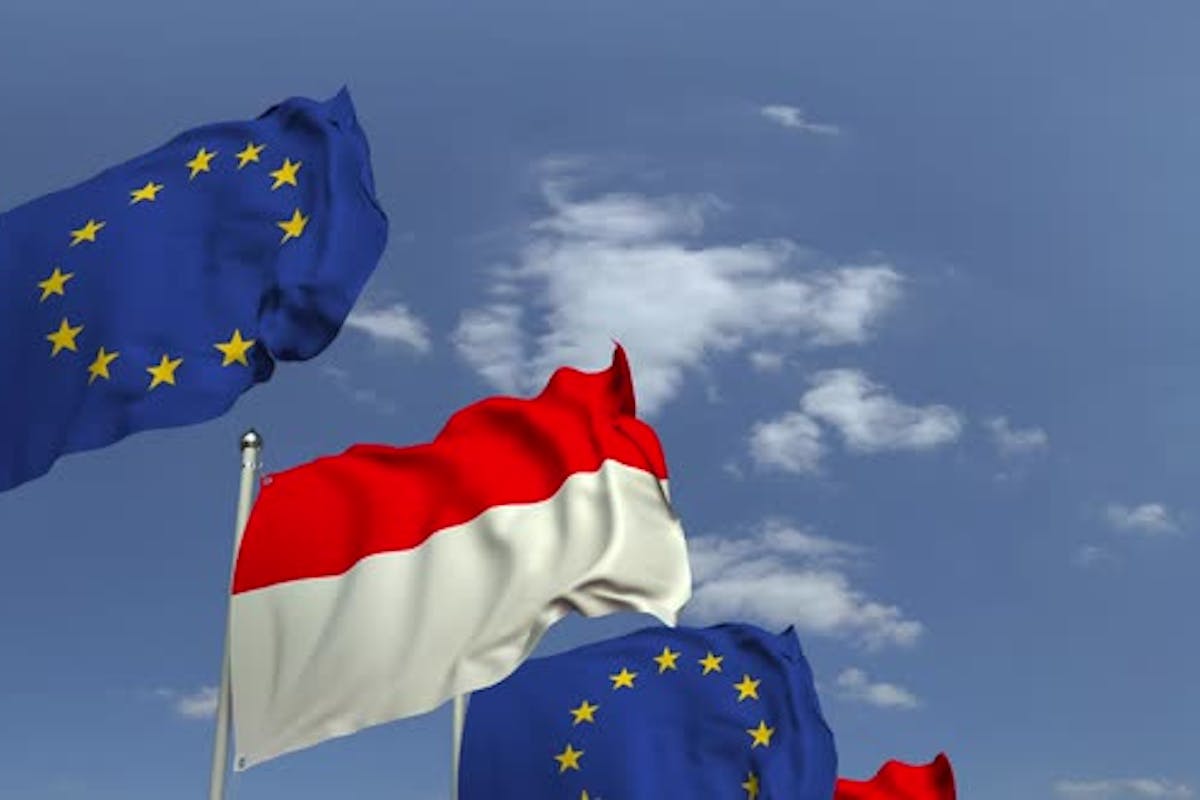The war in Ukraine is deeply changing the directions of European imports, redefining the role of Jakarta in terms of energy and natural resources
Indonesia's exports - particularly steel, coal and palm oil - hit a new all-time high in March, when the invasion of Ukraine triggered a rise in global commodity prices. It is estimated an increase in exports of 44.36% on an annual basis, for a total value of $ 26.5 billion last March. The largest economy in Southeast Asia recorded a trade surplus of $ 4.53 billion, beating all economists' estimates.
Indonesia - the world's largest exporter of thermal coal - typically does not ship to Europe, but due to the new geopolitical issue, the demand for Indonesian coal is increasing significantly, as stated by Pandu Sjahrir, president of the Indonesian Coal Mining. Association. Germany is already positioning itself among the top European buyers. By 2023 it could become the second or third largest importer of Indonesian coal, after China and India.
The number of Indonesia's thermal coal shipments overseas is increasing following the European ban on the purchase of coal from Russia, which went into effect in August. Russia - the world's third largest supplier of coal - dominates sales in Europe, but the ban has also caused the interruption of some Russian gas supplies to the continent.
Now, with the European winter around the corner and the imminent need to meet home heating needs, Indonesian mines are aiming to increase their production. PT Bukit Asam - also known as PTBA - was among the first local players to ship coal to Europe. The company said it exported 147,000 tons of fuel to Italy from March to July, while negotiations continue with Germany and Poland to penetrate these markets at competitive prices. Bukit Asam produced 15.9 million tons of coal between January and June, 20% more than the same period in 2021. Bukit Asam produced 15.9 million tons of coal between January and June, 20% more than the same period in 2021. Also Bumi Resources - the largest Indonesian coal producer by volume - aims to increase production this year, following the start of negotiations with Germany, Poland and Italy. PT Adaro Energy Indonesia also has the same goals: to increase coal production from 58 million tons to 60 million in 2022, declaring that it has already shipped around 300,000 tons of coal to the Netherlands and Spain. Due to the spike in coal prices, these companies are also making huge profits. PTBA reported a net profit of $ 415 million in the first half of the year, up 246% compared to the same period in 2021, that of Adaro jumped seven times to $ 1.2 billion and that of Bayan Resources it nearly tripled to $ 970 million. Share prices have also risen sharply since the start of the year, reaching + 60%.
In addition to coal mines, Indonesia also holds the largest nickel reserves in the world. It is expected to supply most of the nickel needed by the thriving global electric vehicle industry over the next few years. The Indonesian government is pursuing an ambitious program to encourage the production of batteries and vehicles by foreign companies and position the country as a key player in the sector. Nickel processing projects are mostly led by Chinese actors, including the stainless steel giant Tsingshan and the battery maker, Contemporary Amperex Technology.
Recently, the Indonesian unit of Brazilian mining giant Vale embarked on three nickel processing projects worth a total of $ 8.6 billion with major partners, including the Chinese battery materials manufacturer, Zhejiang Huayou Cobalt, and the US automaker Ford Motor.
The protracted war in Ukraine will continue to open up new scenarios for Indonesia, which in the meantime confirms its privileged role for its wealth of mineral and natural resources. A new challenge for mining companies and for internal demand.






